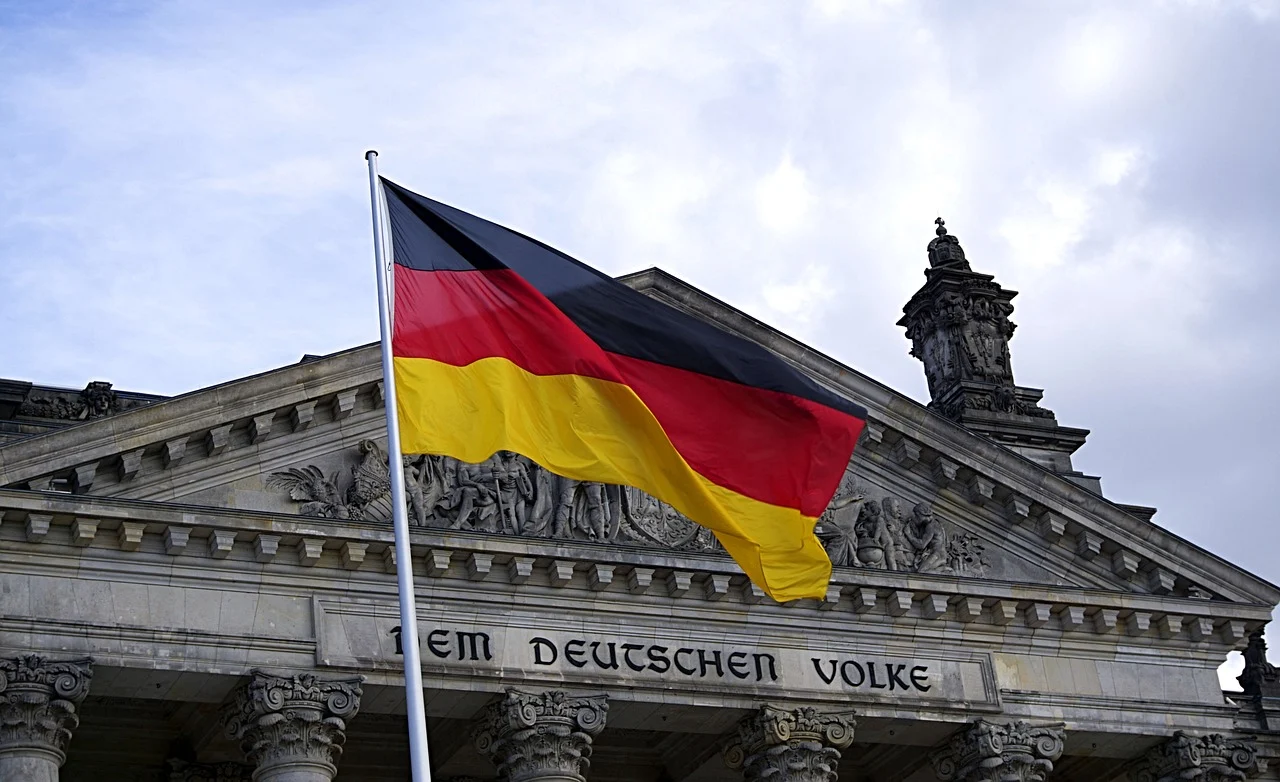If you’re an expat living and thinking of purchasing a car, the first thing you should do is consider buying car insurance in Germany. After all, when you make a costly investment, such as a car, you need to take the necessary measures to protect it. This is where car insurance becomes essential.
In Germany, car insurance is mandatory, which means that drivers must have some form of car insurance; otherwise, they will not be allowed to register it. This goes for all German citizens and expats. You will need to buy car insurance from here as foreign car insurance will not suffice.
Take a look at the most common mistakes expats make when buying car insurance and learn how you can avoid these pitfalls.
1. Not Knowing the Amount of Insurance Coverage You Need
Germany has a set requirement of the coverage you should have for car insurance. However, this is typically not enough to base the entire amount. It is best for you to consider multiple factors and then decide the amount of insurance coverage you can afford and will be enough to cover any costs when needed.
The factors you should consider are:
- Vehicle type and model
- Cost of the vehicle
- Years of experience of the driver
- Weather and road conditions in your city and local area
2. Not Comparing Insurance Companies
Car insurance usually requires paying hefty amounts. This is why it is essential that you shop around across different insurance companies and find the cheapest option. Depending on your driving history, how many tickets you have got, and if you have had a car accident before, you might be quoted a different price.
This will help you find the cheapest and most suitable deal for your car insurance.
3. Lying on the Car Insurance Applications
Lying on your car insurance application is probably the biggest mistake you can make as an expat. Not only is there a good chance that you will get caught, but you will also face negative consequences. For example, the car insurance company might reject your application, and that would make it harder for you to find other companies willing to provide you with insurance.
Moreover, if they find out you lied after you have had an accident, they might cancel your insurance and not cover your costs. Hence, telling the whole truth and being completely transparent about your past records and vehicle is essential.
4. Not Updating Your Insurance Policy
Forgetting to update your insurance policy is another common mistake people end up making when they have an insurance policy. Germany is pretty strict about this, so that you might suffer from severe consequences. Therefore, when your children become drivers or if you get married, make sure you mention it in your policy.
5. Not Doing Enough Research
Most car insurance companies can be found online, so it will be easier for you to do plentiful research before choosing the right one. There are multiple platforms that can help you compare costs or do it yourself. This will help you find the lowest price and one that has the best terms.
As an expat, especially if you have recently moved to Germany, doing plentiful research would pay for you.
6. Buying Excessive Insurance Coverage
It is not always a wise decision to pay too much insurance coverage. For example, if you have an old car, you don’t need to buy too much insurance. Even generally, you should not pay more than 1/10th of your car value for insurance coverage.
7. Buying the Bare Minimum of Insurance Coverage
This is one of the most common mistakes expats make when buying car insurance that will lead to negative consequences because this seems like the most tempting option. In nearly all cases, minimum insurance is not enough to cover costs. This is especially true if you have a new or expensive car. In the case of accident or theft, you might end up at a considerable loss if you just have the bare minimum of insurance coverage.
8. Asking Insufficient Questions
This will likely be your first time buying car insurance in Germany. This is why it would be helpful to ask questions if you come across issues, whether you get car insurance from an agent or an insurance company.
9. Not Looking Up Car Insurance Discounts
There’s a good chance that you save up significant amounts of cost if you look around online for discounts. There are tons of companies offering insurance and discounts. You just need to spend time looking for them.
Final Words
Do you need more help with buying car insurance in Germany? As an expat, it can become a daunting experience. Get in touch with MW Expat Solution Services, an expat insurance company that provides you with professional insurance solutions. For more information, visit their website today!









